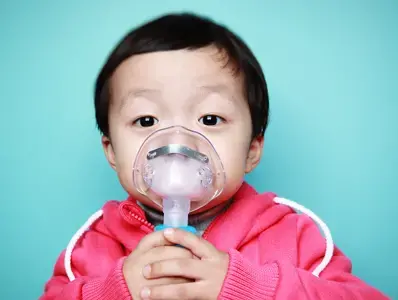[Guideline Summary] International Paediatric Association (IPA) Position Statement on promoting and supporting children’s health during COVID-19

This Position Paper from International Paediatric Associaton (IPA) provides recommendations to support health needs of children during the COVID-19 crisis and beyond. Areas in scope include routine care and immunisation, preventing children from acquiring and transmitting infections, mitigating the consequences of social isolation, remote delivery of care.
Summary of key recommendations:
Prevention and treatment
- While most children with COVID-19 disease have a mild disease course and may be isolated at home, those with a more severe disease should be treated in facilities skilled at providing care for children.
- WHO recommendations for droplet and contact precautions should be followed to minimize risk of transmission, including:
- Risk screening prior to and at entry to clinical sites
- Separation of children by risk level
- Healthcare worker use of protective clothing and face coverings
- Thorough handwashing with soap or sanitizer
- Frequent disinfectant use
- WHO recommendations for COVID-19-infected mothers to breastfeed safely should also be followed, including:
- Handwashing, clean the breast and use of masks
- In areas with a high incidence of infections, families with children should be encouraged to stay at home to reduce social contact as much as possible, practice regular and thorough handwashing, to cover coughing with an elbow instead of hands, and to avoid touching the face.
- Paediatric societies should provide accurate information and resources to inform healthcare professionals and the general public.
- The term ‘physical distancing’ should be used instead of ‘social distancing’ to recognize the value of social proximity and psychological support while reducing spread.
Vaccines
- Children should continue to be vaccinated as per their usual schedule when possible.
- Delayed and interrupted vaccinations need to be monitored and catch-up campaigns should be planned with special attention to populations in need of routine immunization against diseases such as measles, yellow fever and diphtheria.
Telemedicine
- Telemedicine or teleconsulting service delivery is encouraged to meet families’ needs during the pandemic, while factors such as access to telemedicine, possible missed diagnoses or limitations of current technology need to be considered.
Reference
Klein JD et al. Promoting and supporting children’s health and healthcare during COVID-19 – International Paediatric Association Position Statement. Arch Dis Child. 2020;105(7):620-624.
Link to publication: http://adc.bmj.com/cgi/pmidlookup?view=long&pmid=32381517
Other articles that you might be interested in:
Maternal choline status and respiratory coronavirus influences on fetal developing brain
WYE-EM-159-JUN-20